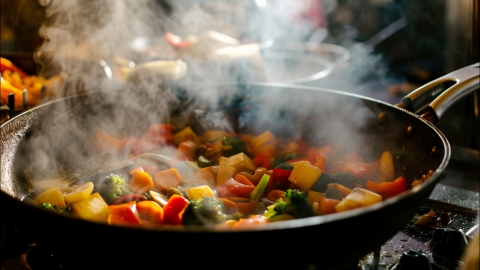Do patients with gallstones need to avoid certain foods?
Generally, whether patients with gallstones need to avoid certain foods depends on the specific stage of their condition and symptom presentation. If discomfort occurs, prompt medical consultation is recommended. The detailed analysis is as follows:

If a patient with gallstones is in a stable phase without symptoms such as abdominal pain or bloating, strict dietary restrictions are not necessary, but dietary adjustments are advised. They may consume moderate amounts of light, low-fat foods such as fresh vegetables, fruits, lean meats, and whole grains. Long-term, excessive intake of high-fat and high-cholesterol foods should be avoided to prevent stimulating gallbladder contraction and triggering fluctuations in the condition. Maintaining a balanced diet generally meets the body's nutritional needs.
If a patient is experiencing an acute episode or frequently suffers from symptoms like abdominal pain and nausea, strict dietary restrictions are required. At this time, greasy, spicy, and gas-producing foods should be avoided, as these can increase the burden on the gallbladder, worsen inflammation, or cause recurrent pain. A temporary switch to liquid or semi-liquid diets may help reduce gallbladder pressure and support symptom relief.
In daily life, meals should be regular and balanced; overeating or prolonged fasting should be avoided to prevent bile stasis and worsening of the condition. Cooking methods such as steaming, boiling, and stewing are preferred, while frying and deep-frying should be minimized. If discomfort occurs after consuming a particular food, it should be recorded and avoided in the future. Regular follow-up exams are important to monitor changes in the stones. If the condition worsens or symptoms fail to improve despite dietary adjustments, timely medical consultation is necessary to revise the treatment plan.






